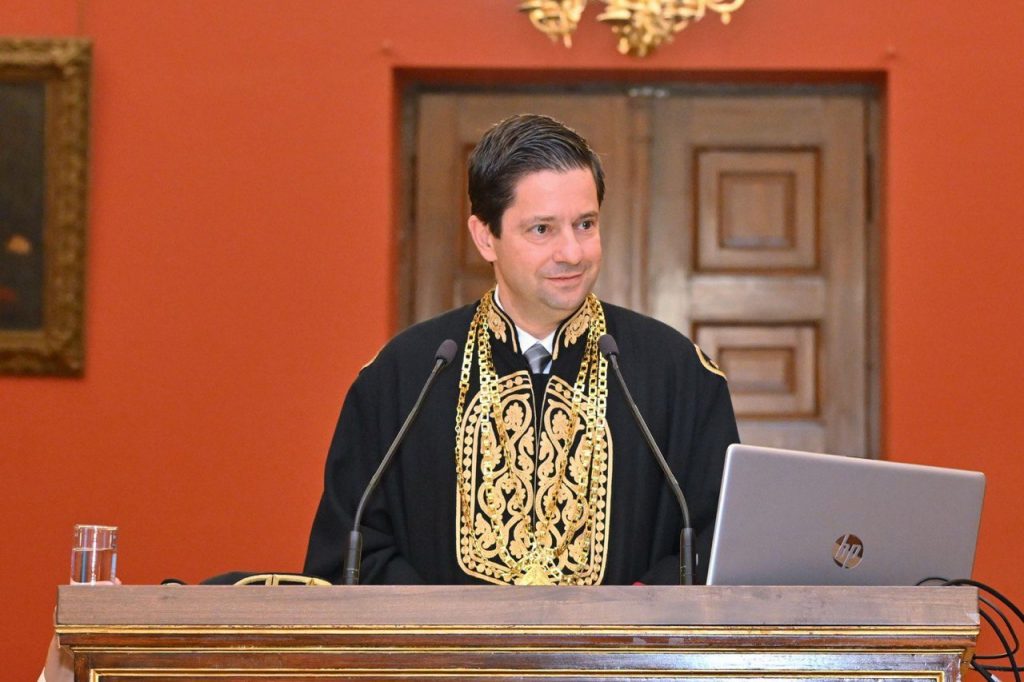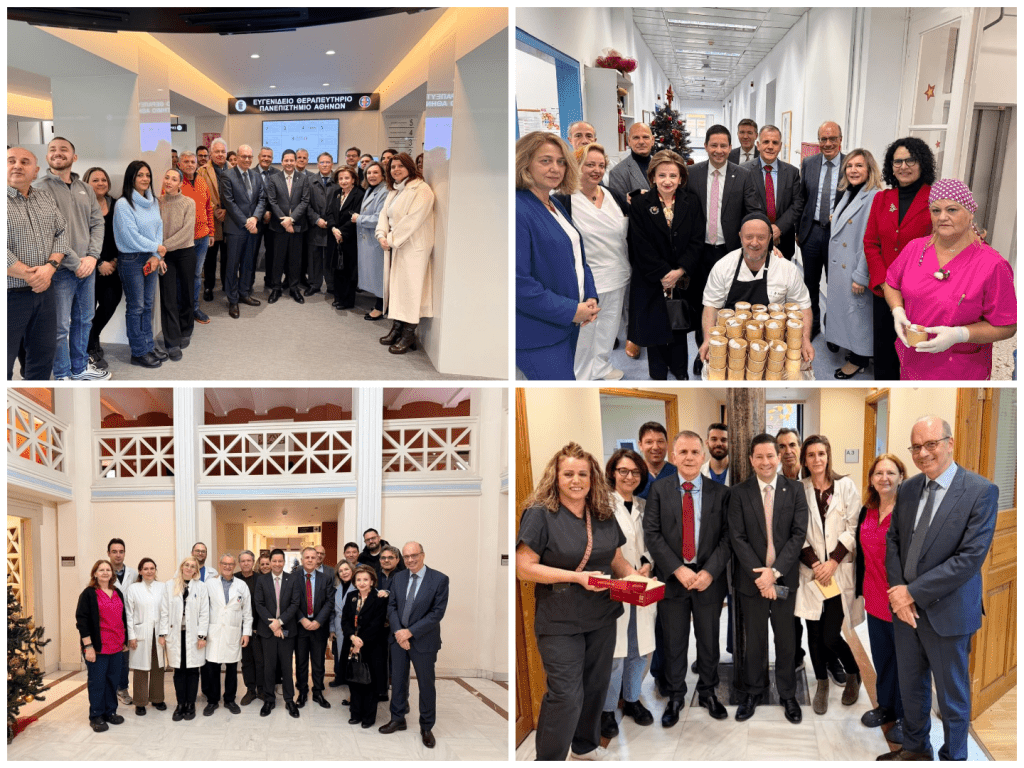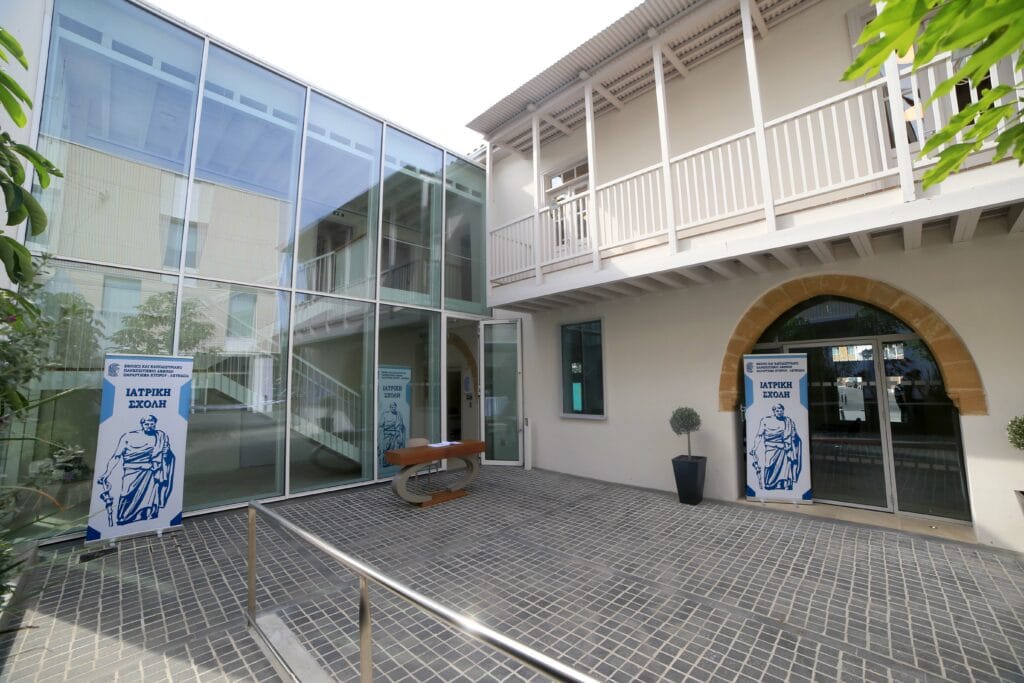Το Εργαστήριο Εθνομουσικολογίας και Πολιτισμικής Ανθρωπολογίας του Τμήματος Μουσικών Σπουδών του Εθνικού και Καποδιστριακού Πανεπισστημίου Αθηνών διοργανώνει σεμινάριο με την κ. Firuzan Melike Sümertaş, Επισκέπτρια Λέκτορα του Τμήματος Ιστορίας του Πανεπιστήμιο της Καλιφόρνια, Μπέρκλεϊ με θέμα:
From Antiquarianism to Urban Archaeology
From Medicine to Data Science
Alexander Paspates and his research on the Nineteenth Century Istanbul
Συζητητής θα είναι ο κ. Παναγιώτης Πούλος του Τμήματος Μουσικών Σπουδών του Ε.Κ.Π.Α.
Το σεμινάριο θα πραγματοποιηθεί την Πέμπτη 20 Ιουνίου 2024, στις 19.00 στο Εργαστήριο Εθνομουσικολογίας και Πολιτισμικής Ανθρωπολογίας της Φιλοσοφικής Σχολής, Πανεπιστημιούπολη Ζωγράφου, 4ος όροφος (δίπλα στο αμφιθέατρο 427).
Το σεμινάριο διοργανώνεται στο πλαίσιο της συνεργασίας του Εργαστηρίου Εθνομουσικολογίας και Πολιτισμικής Ανθρωπολογίας με την ερευνητική ομάδα IstanPolis.
Περίληψη
This presentation focuses on the two major positions that Alexander Paspates has taken during his 40-year-long residence in Istanbul. The first part will focus on his research and his catalyzing role on the transformation of the research focus on “Old” Istanbul from an “antiquarian desire” into an “urban archaeological method”. This part of the talk will derive from my dissertation which was a study of a nineteenth-century intellectual network gathered around the agency of ‘old’ Constantinople as an object of antiquarian knowledge. The actors of this network were mostly Greek-Orthodox intellectuals and institutions from different backgrounds and institutions who have extensively studied different features of the long-term history of Constantinople with a particular focus on its pre-Ottoman (Byzantine) past and its physical remnants. The study deciphers its actors in relation to the intensity of their relationship with these remnants, which materialize as hubs of the network. The second part of the talk will evaluate Alexander Paspates’s first book and his focus on the patient records of Balıklı Hospital during his tenure as the head physician. His statistical approach to these records transforms from a doctor who has a special focus on the urban conditions of Istanbul in relation to the illnesses he encountered at the hospital into a “data scientist” as we know today. I will evaluate his approach to Istanbul and what our modern digital methods offer to us to follow his steps.
Σύντομο βιογραφικό της ομιλήτριας
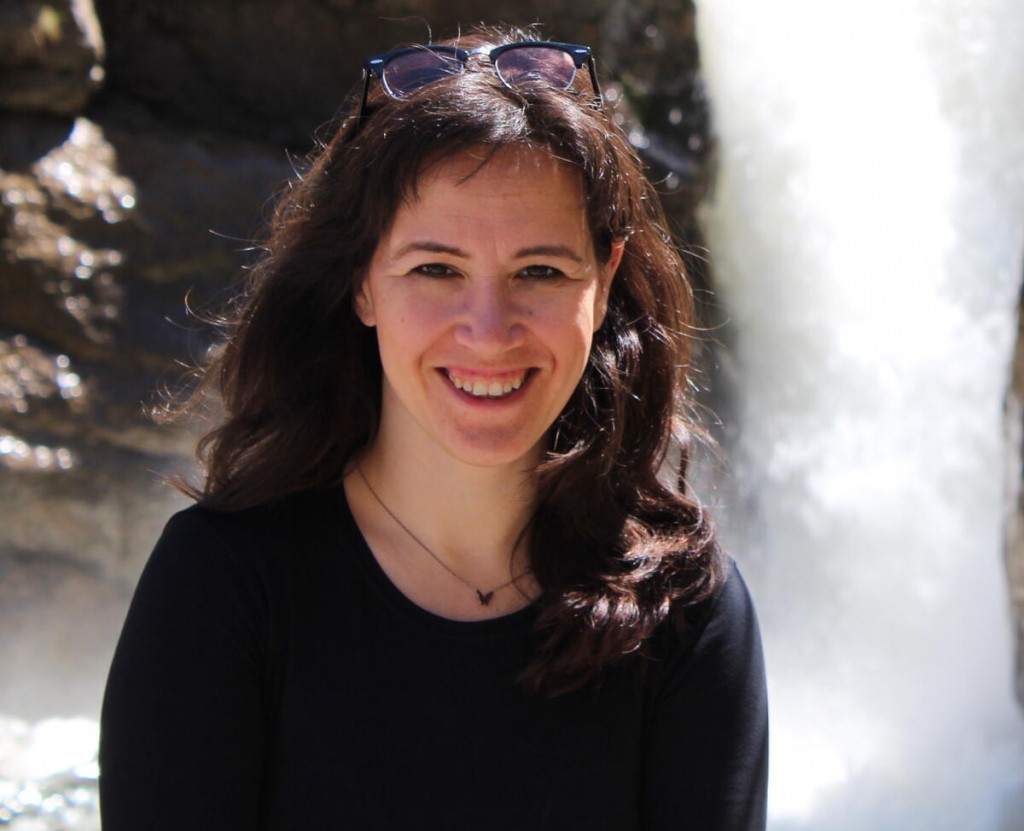
Firuzan Melike Sümertaş’s research is on the urban/architectural/visual culture of the Late Ottoman Empire and its capital city Istanbul, with a particular interest in the Greek-Orthodox community. She currently focuses on digital humanities methods. Sümertaş holds a PhD. in History from Boğaziçi University, Istanbul and B.Arch and M.A degrees from Middle East Technical University in Ankara, Department of Architecture, and Program in Architectural History. Besides IstanΠόλις (www.istanpolis.org) collaborative lead by Christine Philliou, she collaborates with Namık Günay Erkal, Haris Theodorelis Rigas and ANAMED at Koç University, Istanbul under the project entitled “Phanariot Materialities.”


![Σεμινάριο της Firuzan Melike Sümertaş στο Τμήμα Μουσικών Σπουδών του Ε.Κ.Π.Α. [20/06/2024]](https://hub.uoa.gr/wp-content/uploads/2024/06/csm_Network_805215bbcc-1024x589.jpg)

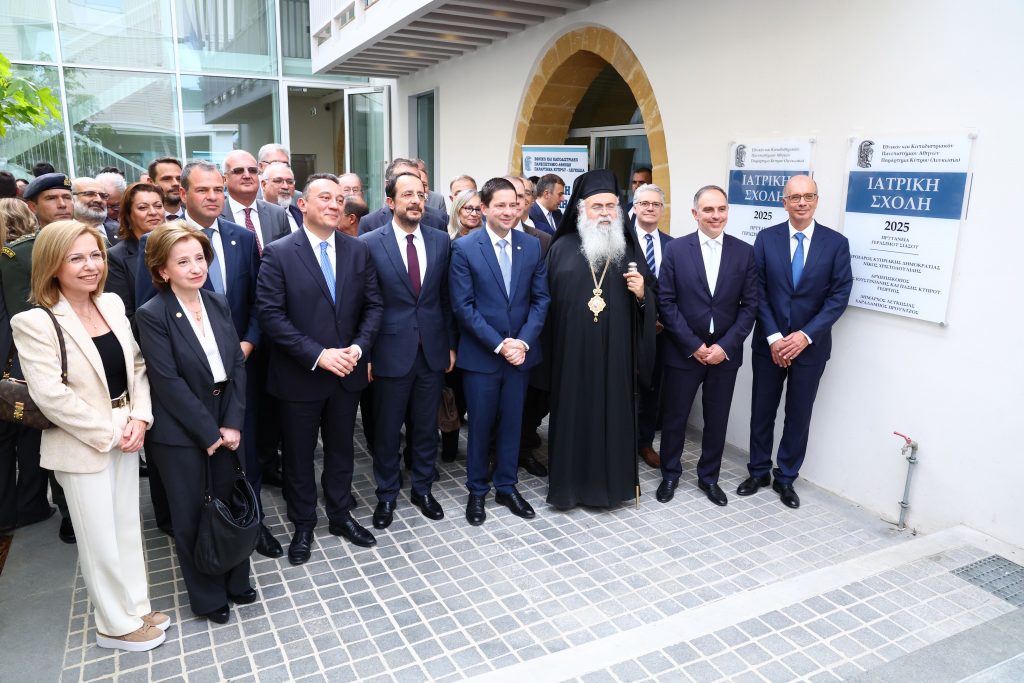



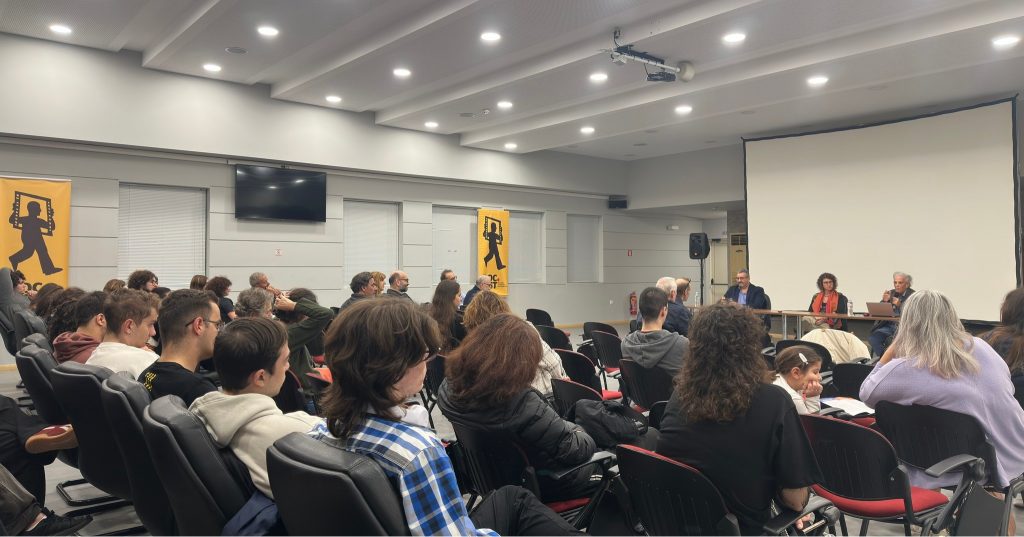
![Διάλεξη του Τμήματος Κοινωνιολογίας του ΕΚΠΑ: Γυναικείες μαρτυρίες για τη Γενοκτονία του Ελληνισμού του Πόντου [20 Νοεμβρίου 2025]](https://hub.uoa.gr/wp-content/uploads/2025/11/pontos-.jpg)
